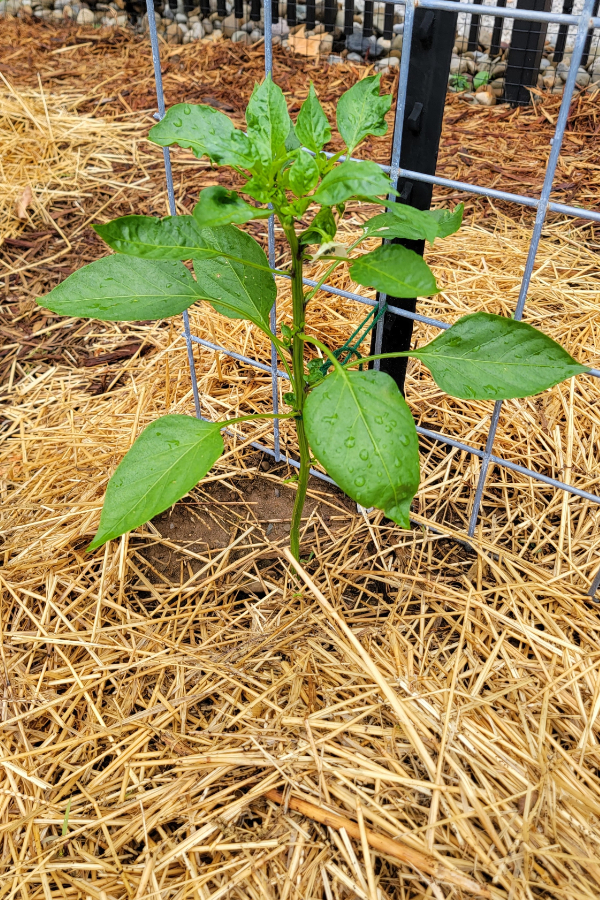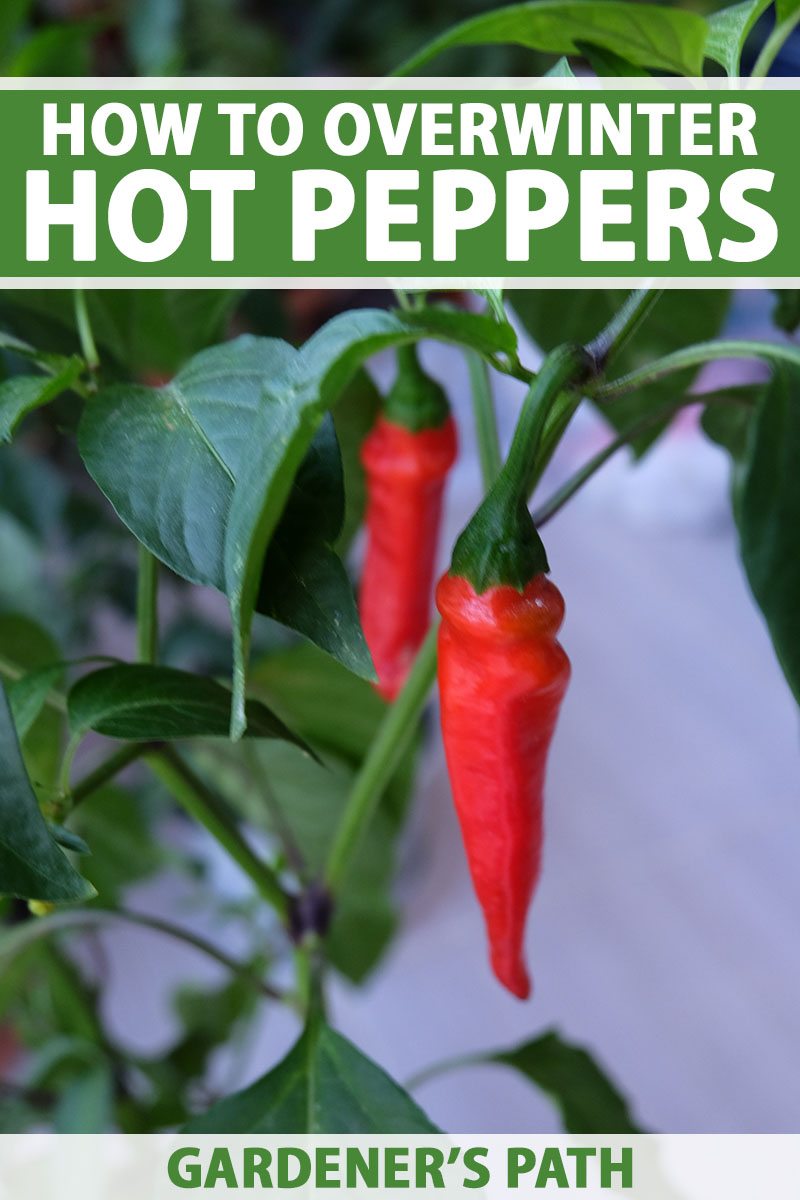Choosing the Best Fertilizers for Peppers: Professional Recommendations
Choosing the Best Fertilizers for Peppers: Professional Recommendations
Blog Article
Organic Vs. Synthetic Fertilizers: Which Is Best for Nurturing Healthy And Balanced Pepper Plants?
In the realm of supporting healthy and balanced pepper plants, the option in between synthetic and natural fertilizers stands as a pivotal choice with far-reaching effects. While both choices purpose to offer necessary nutrients to support plant development, the nuances of their effect on the soil, plant health and wellness, and the setting stimulate a debate that mirrors throughout the horticulture community. Understanding the distinct benefits and prospective challenges of each fertilizer kind is essential for pepper farmers looking for to maximize their returns while maintaining an eco-conscious and lasting method.
Advantages of Organic Plant Foods
Organic plant foods provide a lasting and environmentally-friendly method to beneficial pepper plants, providing vital nutrients without the usage of artificial chemicals. These all-natural fertilizers are derived from natural resources such as compost, manure, bone dish, and seaweed, promoting soil health and biodiversity. Unlike synthetic fertilizers, organic options launch nutrients gradually, ensuring a consistent and well balanced supply for pepper plants to grow.
One substantial benefit of organic fertilizers is their capability to enhance soil framework and water retention. By improving soil wellness, natural plant foods advertise valuable microbial task, which assists in nutrient uptake by pepper plants. Additionally, organic plant foods reduce the danger of chemical run-off, shielding water sources from pollution and safeguarding the atmosphere.
Furthermore, natural plant foods contribute to lasting soil fertility by advertising the growth of valuable dirt microorganisms. These organisms aid break down natural issue, launching nutrients in a form that is quickly obtainable to pepper plants. best fertilizers for peppers. By promoting a healthy dirt ecological community, organic plant foods support sustainable pepper cultivation practices that benefit both plants and the setting
Drawbacks of Artificial Fertilizers
Synthetic plant foods, as opposed to their organic counterparts, present different downsides when made use of to nourish pepper plants, impacting both plant wellness and ecological sustainability. One major downside of synthetic plant foods is their propensity to seep nutrients from the dirt swiftly. This quick leaching can cause nutrition inequalities in the soil, causing plants to experience shortages or toxicities. In addition, synthetic plant foods can harm beneficial soil microorganisms, such as earthworms and advantageous germs, interfering with the dirt community's equilibrium.
Moreover, the overuse of artificial plant foods can contribute to water air pollution. Excess plant foods not absorbed by plants can clean away into water bodies, bring about eutrophication, where algae blossoms diminish oxygen levels in the water, harming marine life. Synthetic plant foods are typically derived from non-renewable resources, such as fossil fuels, adding to carbon exhausts and ecological degradation during their manufacturing.
Nutrient Absorption Contrast
Efficient nutrient absorption plays an essential duty in the total health and growth of pepper plants. When comparing natural and synthetic plant foods in terms of nutrient absorption, organic fertilizers have the benefit of giving a much more well balanced and slow-release source of nutrients (best fertilizers for peppers). Organic fertilizers consist of a selection of macro and micronutrients that are not just valuable for the plants but also promote healthy and balanced soil microbial task, which assists in nutrient uptake. On the other hand, artificial fertilizers frequently offer a fast launch of nutrients, which can bring about seeping and overflow, leading to reduced nutrient absorption prices by the plants.
Moreover, natural plant foods you can check here boost dirt framework and water retention ability, permitting pepper plants to accessibility nutrients extra successfully. This better dirt quality assists in origin advancement, allowing much better nutrient absorption. Synthetic fertilizers, although initially boosting plant growth due to their high nutrient focus, might prevent lasting nutrient absorption by derogatory soil health over time.
Ecological Influence Factors To Consider

On the other hand, artificial plant foods, although commonly even more concentrated and quickly available to plants, can have destructive impacts on the environment otherwise applied effectively (best fertilizers for peppers). Their production needs high power inputs, causing greenhouse gas emissions and adding to climate change. In additional hints addition, the drainage of excess artificial plant foods can contaminate water sources, leading to eutrophication and hurting aquatic communities.
Finest Plant Food Practices for Peppers
When feeding pepper plants, optimizing nutrient uptake and reducing environmental influence are key considerations. To attain this, it is important to follow finest fertilizer methods customized to the certain demands of pepper plants. One crucial practice is to carry out a soil test prior to using any type of plant foods. This examination can establish the pH level of the soil and determine any type of nutrient deficiencies, assisting you in picking one of the most ideal plant food formulation.
Another essential practice is to feed pepper plants at the appropriate time. Commonly, peppers gain from obtaining plant food at planting and after that again when they begin to blossom. Over-fertilizing can cause nutrition imbalances and harm the plants, so it is vital to adhere to advised application rates.
Furthermore, choosing a well balanced fertilizer with an NPK ratio that matches pepper plants' demands is basic. Eventually, incorporating artificial and organic plant foods carefully can aid nurture healthy and balanced pepper plants while minimizing ecological influence.
Conclusion

Organic plant foods supply an environmentally-friendly and lasting strategy to nourishing pepper plants, supplying essential nutrients without the use of artificial chemicals. Unlike artificial plant foods, natural options release nutrients gradually, making certain a steady and balanced supply for pepper plants to thrive.
Synthetic fertilizers, in contrast to their natural equivalents, pose different downsides when made use of to nurture pepper plants, influencing both plant health and environmental sustainability. When comparing synthetic and organic fertilizers in terms of nutrient absorption, natural plant foods have the advantage of offering a much more well balanced and slow-release resource of nutrients.In addition, natural fertilizers enhance soil framework and water retention ability, permitting pepper plants to accessibility nutrients extra efficiently.
Report this page